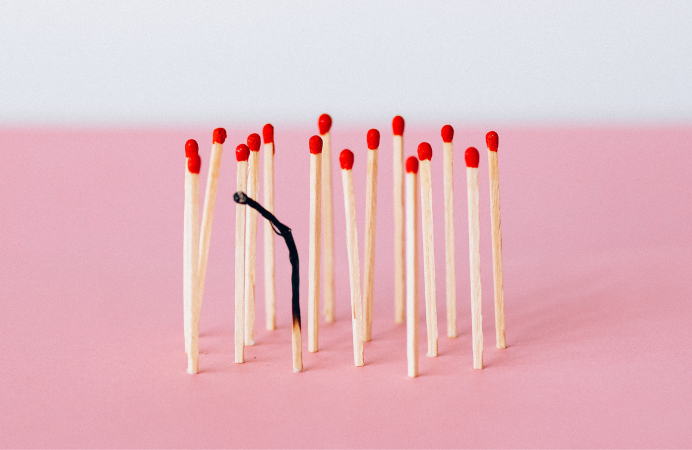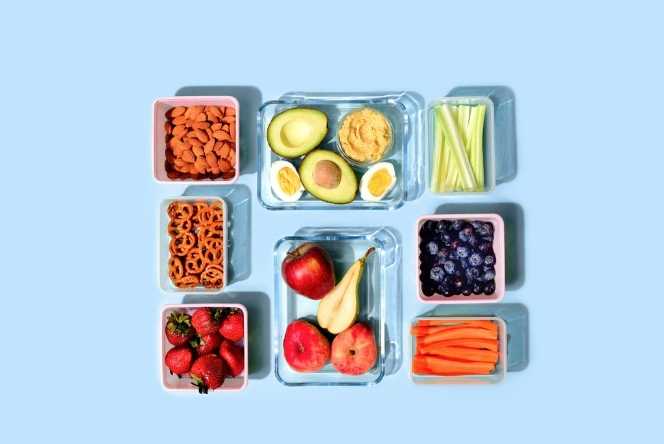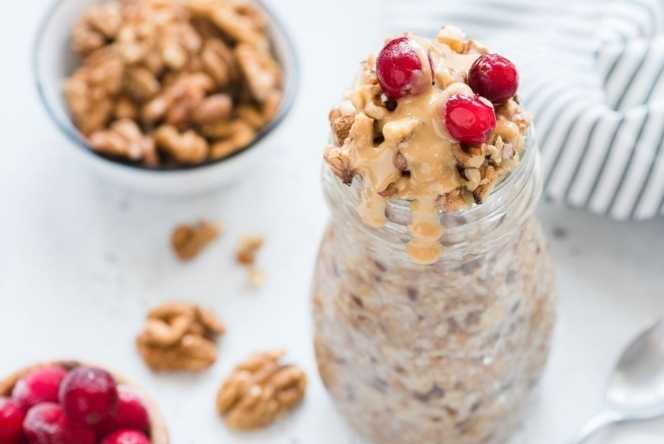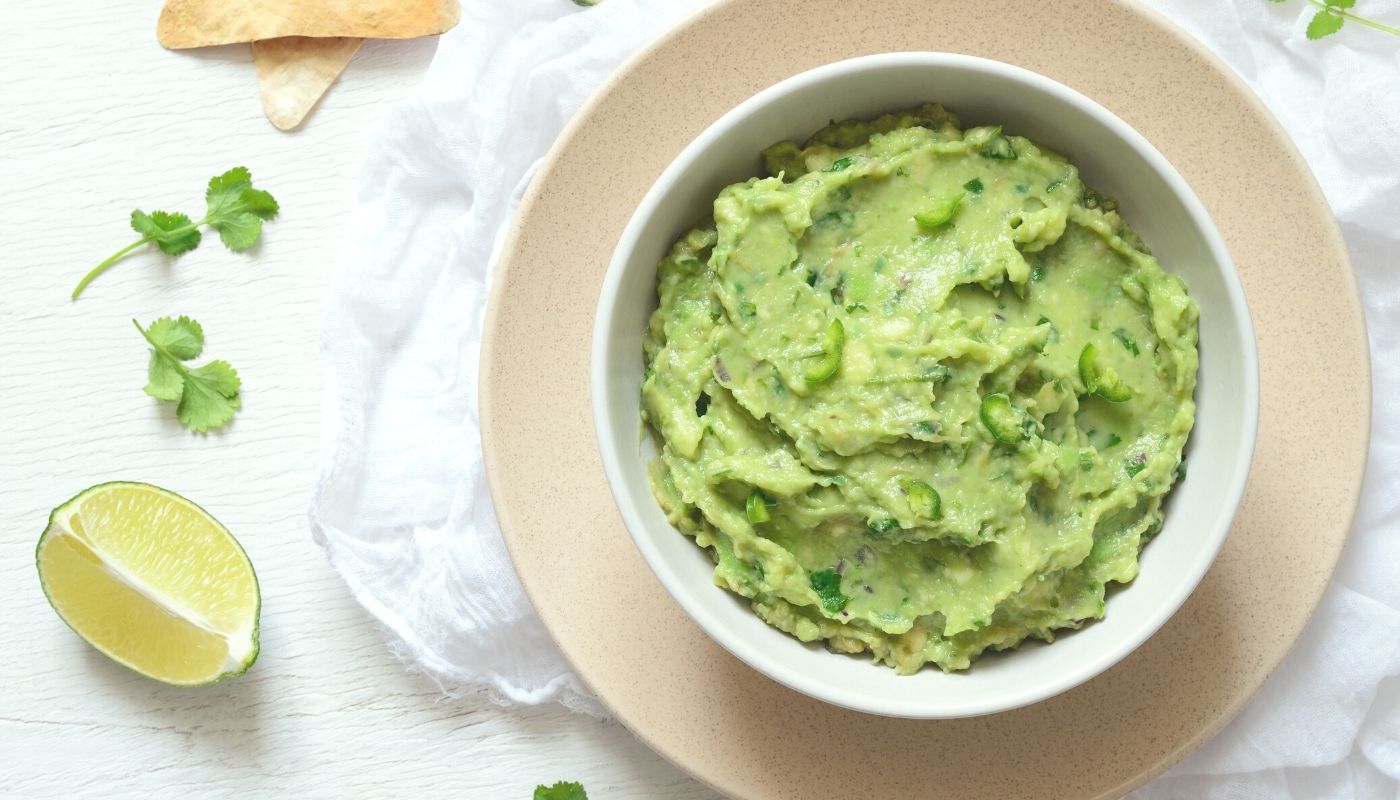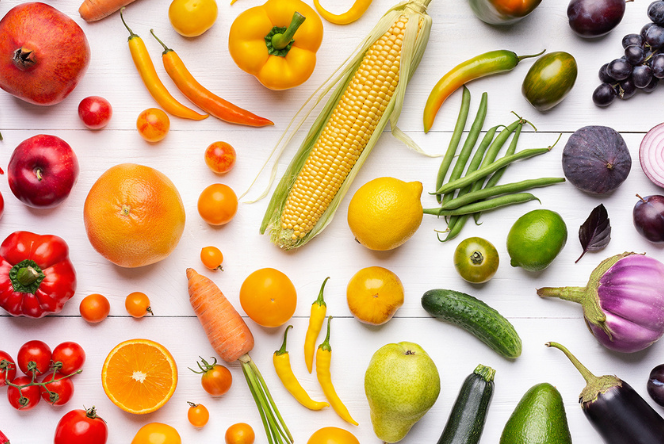Ok so first things first. I’ll admit, I’m someone who is naturally a bit restless, so slowing down and being mindful and present in the moment is something I have to be intentional about. In today’s world, we’re far too overstimulated by visuals, sounds, smells, feelings, 24 hour news, technology… you name it! Studies have shown that we’re not necessarily busier than previous generations, we’re just continually bombarded with things coming at us and all that extra noise affects our health. This overstimulation creates restlessness, discontentment and chronic stress in the body – not to mention anxiety by trying to keep up with it all.
Fortunately, there’s a way to quiet all the extra noise. Being mindful and selective of what you consume physically and emotionally is the key to being more present in your life. Here’s why mindfulness matters and how to start focusing on what’s important to you each and every day.
What Is Mindfulness?
Mindfulness is all about being aware of your experiences, thoughts and what’s happening in the present moment. It’s knowing that all those things play a factor in your overall health and wellbeing. With busy lives where we’re far too often running from one thing to the next, we can miss the beauty and simplicity of life right in front of us. We also miss being present for the people we care most about.
In her book “Body Belief,” Aimee E. Raupp gives examples of what’s not mindful to help us understand what is: “You’re not mindful when you skip breakfast and don’t understand why you have zero energy to get through the day, or when you are dealing with a bad breakup and your back goes out and you don’t see the connection or when you want to speak up at work over a miscommunication but instead you stifle your feelings and get a major stomach ache.”
What you think about doesn’t just affect our moods, it affects our bodies and our immune systems down to the cellular level. Once you become aware of that you’ll begin to see how your thoughts directly affect things like your stress levels, pain, sleep and other negative emotions like depression and anxiety.

A Few Practical Ways to Practice Mindfulness:
1. Deep Breathing
Practicing deep breathing regularly promotes calmness while eliminating feelings of anger, anxiety and overwhelm. Not only that, breathing deeply can also benefit your health in other ways. Because deep breathing leads to a more relaxed state, it’s been shown to help reduce blood pressure and to promote better blood flow. Deep breathing can also help people sleep better as well as sooth the body’s general aches and pains. You can read some of the best techniques for deep breathing for relaxation here.
Pro Tip: I highly recommend using Heart Math. It’s an amazing device that can significantly reduce your stress and anxiety levels and help you sleep better by regulating your heart rate variability and activating your parasympathetic nervous system. (Also known as the “rest and digest” system.) I use the Inner Balance Sensor, which replenishes energy, balances emotions and quiets an overactive mind.
2. Meditation
Meditation is one of the best ways to practice mindfulness. Studies have shown that practicing meditation regularly for a few minutes a day can improve our brain function, reduce our cortisol levels and even turn down pro-inflammatory genes by activating the parasympathetic nervous system. (Dialing down our body’s fight or flight response.) And that’s a good thing because we know that chronic inflammation is the root of all disease (as well as accelerated aging) – with chronic stress being a #1 contributor. It can even help decrease depression, anxiety and stress you may be feeling.
Meditation doesn’t have to be complicated. It can be as simple as taking time for yourself and listening to what your mind and body are telling you. Even if you don’t walk away from your first meditation feeling like a completely new, calm person, that doesn’t mean you did something wrong. Becoming mindful is a marathon, not a sprint. (It’s like taking your brain to the gym.)
Pro Tip: Check out the Headspace app and Happier Podcast.
3. Spend Time in Nature
Whether it’s enjoying a breathtaking hike, a magnificent sunset or the sound of the waves crashing along your favorite beach, there’s nothing that comes close to the way nature can quiet the soul. In the early 1980s, researchers in Japan began studying the healing power of spending time in nature – a term they coined “forest bathing.” They found that spending time in nature helped lower your cortisol levels, blood pressure and could boost your immune function by inducing a state of physiological relaxation.
4. Be Mindful of Your Screen Time
Another way to become more mindful is by putting down the phone. Studies have shown too much tech time can lead to increased feelings of depression and anxiety. Yes, technology addiction is real and it’s detrimental to our health and wellbeing. That’s why it’s so important to recognize when your mind needs a break so that you can focus on the people and things in life that bring you the most joy.
Pro Tip: Install the Moment or BreakFree apps on your devices or turn off app notifications.
5. Keep A Gratitude Journal
Cultivating gratitude helps train the mind to be more positive. Keeping a gratitude journal is a great way to get yourself into the routine of recognizing the good. You can take just a few minutes each day to write down three things you’re thankful for in your journal.
Why It All Matters
How many days pass by in a blur, missed out on because we’re not fully present… stopping to savor the little things? I suspect far too many of us have been simply reacting and existing instead of living. What if instead of grasping for the “somedays” we let go and gave ourselves permission to truly enjoy life? I wonder how that one profound action could change everything. Mindfulness gives us the power to take back that control.
I love this quote by Francis Chan! “Our greatest fear should not be of failure, but of succeeding at things in life that don’t really matter.” Because this life is far too precious a gift to waste.
With much love,
April
Can’t Get Enough
Learn more about the importance of self-care in this blog post. And stay in touch by joining the Glow Be Lovely mailing list and you’ll get a free download of My Top Tips to Glow Inside & Out.


